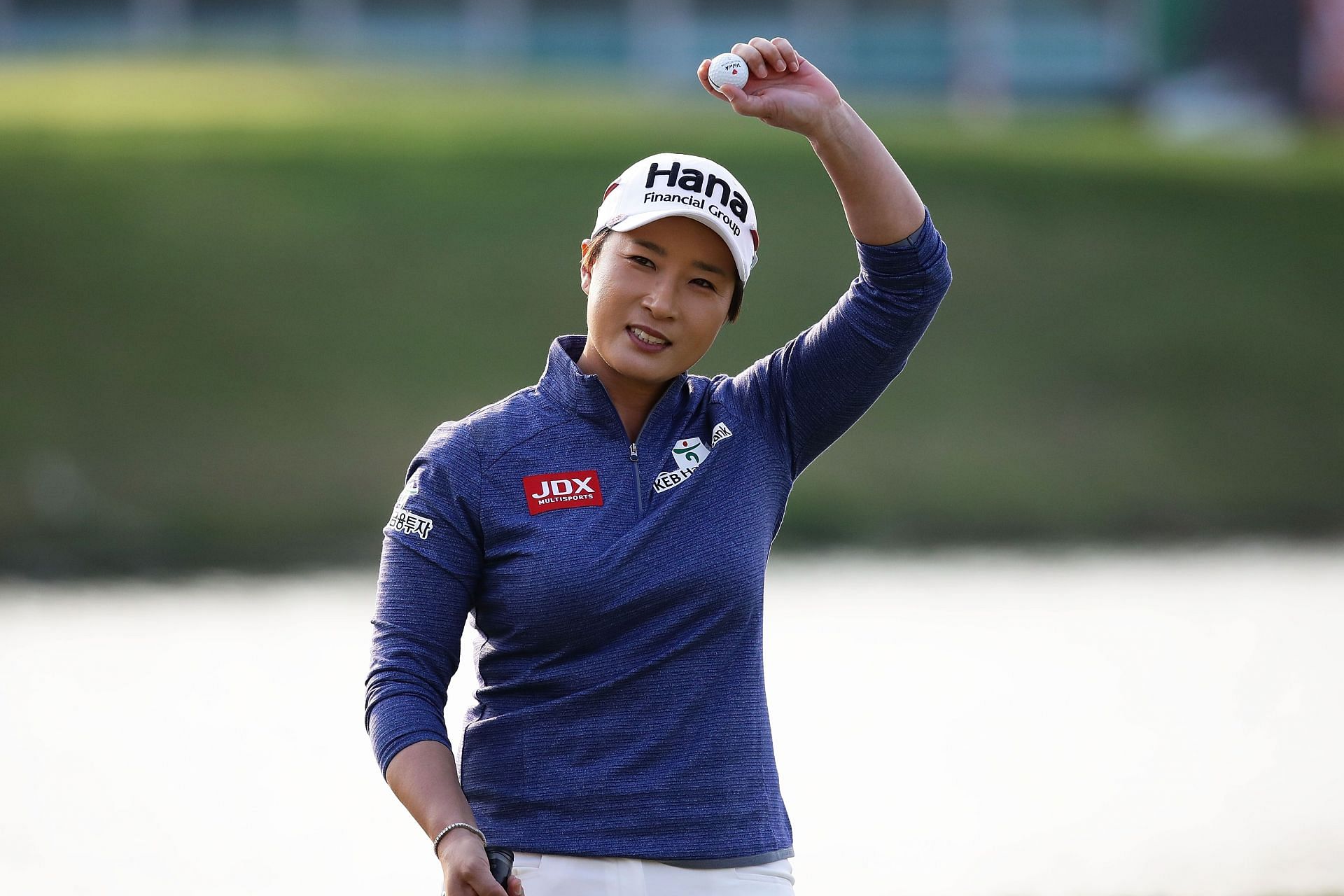
How this week’s LPGA host Se Ri Pak changed women’s golf for the better, ensuring her legacy will live on forever
Se Ri Pak was not the first Korean to win on the LPGA Tour, nor was she the first Asian. She was certainly the first from her country to win a major, but not the first from her continent (Japan's Chako Higuchi, 1977 LPGA Championship). However, no single female player has had a greater impact on golf on that side of the world than she has.
The figures speak for themselves. Se Ri Pak played her rookie season on the LPGA Tour in 1998 when there were only six Asians on the circuit and none of them were Korean. 25 years later (2023) 69 Asian players had their LPGA Tour card (30%+ of the membership). How did this happen?
1998 US Women's Open
Her victory at the 1998 US Women's Open began it all. Se Ri Pak finished the 72 holes tied with then-amateur Jenny Chuasiriporn, with a score of 6-over 290, so they had to play no less than an 18-hole playoff.
The highlight of this event came on the 18th hole of the playoff. It was a play known as 'The Shot', in which Se Ri Pak had to pull a ball from the inside wall of a water hazard to preserve the tie and force the sudden death playoff.
Both Se Ri Pak and Jenny Chuasiriporn parred the first hole in sudden death. It was on the next hole (the 92nd of the tournament for them) that Pak made a 20-foot putt for birdie that gave her the title.
Se Ri Pak was already the first Korean to win a major before winning the US Women's Open (she had won the LPGA Championship seven weeks earlier). But after her victory at Blackwolf Run, she became the youngest player in history to win two majors in the same season.
In that season, Se Ri Pak won two other tournaments, but her two majors and, especially, her historic performance at the US Women's Open, earned her the Rookie of The Year award.
Se Ri Pak's influence
Se Ri Pak's historic performance was a huge catalyst for millions of Korean girls to choose golf as their sport. Korean players who are now stars on the LPGA Tour are virtually unanimous in saying that they play golf inspired by Se Ri.
According to Golfweek, the number of female golfers in Korea rose from 350,000 in 1998 to more than 1.3 million in 2020. The phenomenon is spreading throughout Asia, and players from seven Asian countries have now won at least one major championship.
Moreover, the reach of Asian golf that began with Se Ri Pak extends to the fans. Mike Whan, commissioner of the LPGA Tour between 2010 and 2021 and current CEO of the United States Golf Association (USGA), had this to say (via LPGA Tour):
"I think about 190 countries watch the LPGA every day. If you go back to when Se Ri had no shoes and socks and hit that famous shot, about 10 countries where watching the LPGA on a weekly basis. So, from 10 to 190... Is that all Se Ri? Probably."
One fact is overwhelming: The sale of television rights to the Asian market was the LPGA Tour's number one source of revenue in 2008. This has led to the circuit having not one, but two wings in Asia each season.
It was not for nothing that journalist Eric Adelson stated that Se Ri "changed the face of golf even more than Tiger Woods" (via Golf World).
Se Ri Pak's career
If Se Ri Pak had not been able to win more after her victory in the 1998 US Women's Open, no one knows if she would have had the influence she currently has on world golf.
But she did. That 1998 season was just the beginning of a meteoric career, which took Se Ri to the LPGA Hall of Fame and the World Golf Hall of Fame in just 10 years (2007). Year after year her influence grew and has not waned to this day.
Se Ri's career can be summarized in 39 professional victories, 25 on the LPGA Tour (5 majors). She finished in another 17 Top 10s in major championships.
In 2023, Se Ri teed off in the SBS Super Tournament, part of the men's Korean Tour, a feeder circuit of the Asian Tour and finished 10th (via. the World Golf Hall of Fame). She became the first woman to make the cut competing against men in a professional tournament since 'Babe' Didrickson Zaharias in 1945.
Se Ri retired from professional golf in 2016, after only 18 seasons.